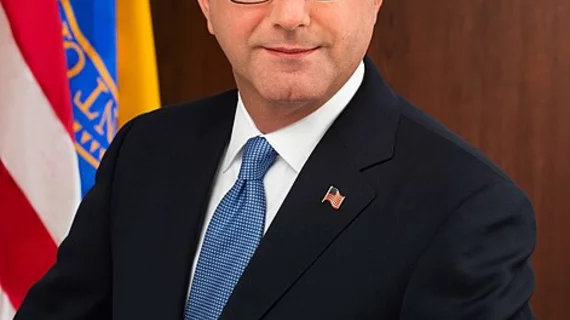When President Donald Trump stopped payment of the Affordable Care Act (ACA)’s cost-sharing reduction subsidies, or CSRs, insurers found a way to limit the impact of the resulting premium hikes by putting the entire increase on the ACA exchanges’ silver-level plans. This “silver loading” technique will be allowed to continue in 2019, HHS Secretary Alex Azar told a House committee.
It’s not because HHS necessarily approves of the workaround, but because there’s just not enough time to issue new regulations to end the practice. CMS Administrator Seema Verma, MPH, had previously said her agency was looking into “silver loading” but it wasn’t addressed in the ACA exchange rule for 2019.
In Azar’s comments to the House Education and Workforce Committee, he said rising ACA premiums should be blamed on the state of the market, rather than what Democrats have called “sabotage” efforts from his agency and the Trump administration. Rates are expected to sharply rise again for 2019, but most exchange customers will be shielded from the hikes from the law’s premium support subsides—which Azar said leaves insurers “no incentive” to keep costs down.
“Those prices are going to go up, and, absent statutory change, there’s little we can do to stop that premium increase because the subsidies chase those premiums,” Azar said.
Azar said the solution, at least in the near term, is to expand access to insurance plans outside of the ACA regulations, including association health plans and short-term insurance. This kind of coverage has been criticized because it may lack the ACA’s required health benefits and can base rates on pre-existing conditions.
Those moves are also likely to raise premiums for remaining exchange customers as younger, healthier people opt for the skimpier, cheaper plans. Azar rejected those conclusions, as well as arguments that the administration has created so much uncertainty that insurers are being driven away from the individual market.
“There are many major providers that are providing insurance packages and frankly making a ton of money off of providing in the [ACA] markets,” he said.

